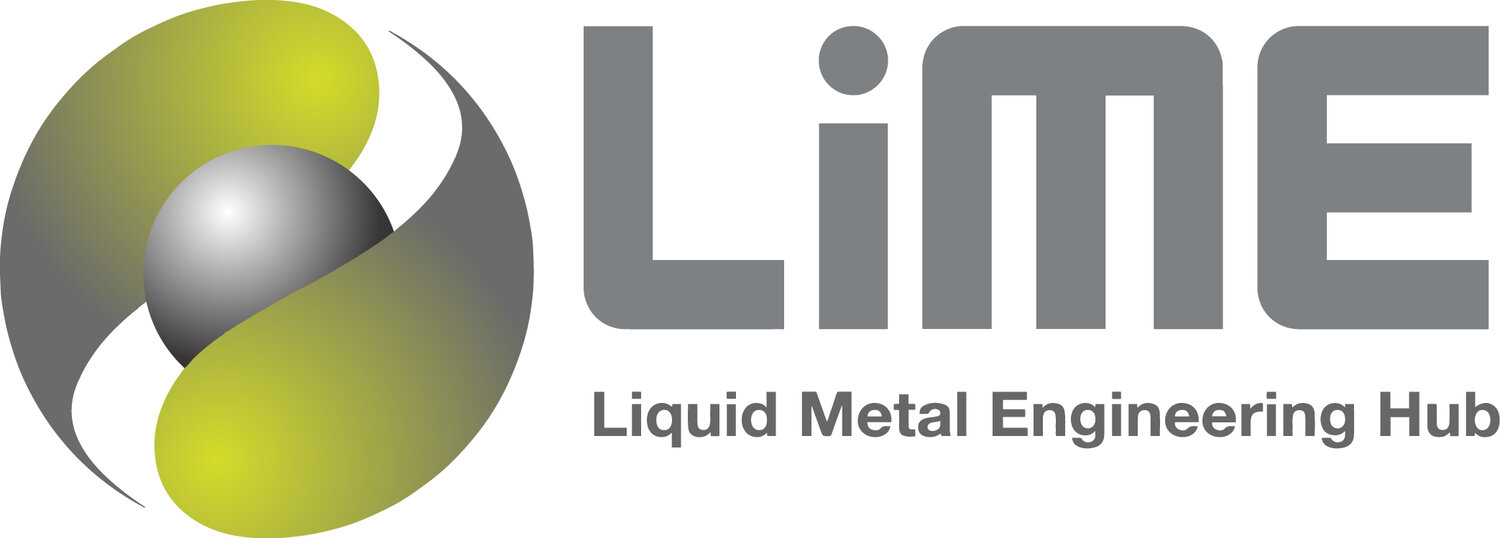Rationalisation of steel grades and specifications
One of the adverse consequences of dissipative use of metallic materials is that there are currently thousands of grades of metallic materials in commercial use today. Many of them differ only slightly in composition, processing conditions or origin of production, offering essentially the same performance. Unnecessary alloying elements and excessively tight alloy specifications increase production costs, reduce resource productivities, cause more environmental damage, and make the end-of-life products difficult (if not impossible) to recycle. This is not compatible with CE principles. Recycling can be improved significantly with materials rationalised and products engineered from the start for this purpose. For instance the current 3,500 grades of steels (WSA) can be reduced to 50-100 without compromising engineering applications.
This project aims to rationalise alloy grades and specifications of steels to facilitate full metal circulation. The project contributes to slowing the resource loop by design for standardisation and compatibility.
The specific research activities include:
(1) simplification of alloy systems based on their compositions, thermomechanical history, levels of performance and fields of application;
(2) standardisation of alloy compositions by using commonly available alloying elements and avoiding the recyclability-limiting elements;
(3) optimisation of thermomechanical treatment procedures for high performance; and
(4) development of new alloy specifications.
The funding amount is £88,919 for a 4-year duration. Funding is available for UK Home Students.
Eligibility
The successful candidate is required to have a first-class or upper second-class honour degree in metallurgy, materials science or related field of physical science or engineering, etc. A Master’s level qualification is desirable but not essential.
How to apply
Please email (1) an up-to-date CV, (2) a single-page (A4), single-spaced personal statement setting out why you are interested in undertaking this project, (3) names and contact details of three referees, and (4) a copy of your highest degree certificate and transcript to hamid.assadi@brunel.ac.uk
The application deadline for this studentship is 31 March 2021.
Meet the Supervisor: Prof Hamid Assadi
Prof Hamid Assadi is the Head of Virtual Engineering Centre and Professor of Solidification at Brunel University London. He studied Materials Engineering at Shiraz University, and received his PhD in Materials Science and Metallurgy from University of Cambridge in 1996. His work experience includes a professorship at Tarbiat Modares University, as well as several visiting appointments at Helmut Schmidt University, Max Planck Institute for Iron Research, and German Aerospace Centre (DLR).
Meet the Supervisor: Prof. Isaac Chang
Prof. Isaac Chang is the appointed Professor of Metallurgy & Materials and Head of LiME Training Centre. Prior to this, he was a Reader and Head of Education at School of Metallurgy and Materials, University of Birmingham.
He received his DPhil in Materials Science from University of Oxford (1991) and BSc(Eng) in Materials & Metallurgy from Imperial College, London University. He specializes in the field of physical and powder metallurgy, as well as nanotechnology and ceramic science. His research is focussed on the understanding of the relationship between processing, microstructure and properties of materials for industrial applications in transport, energy, healthcare, defence and electronic sectors. He was the first to discover the solid solution with a face centred cubic (FCC) crystal structure in an equiatomic FeCrCoNiMn alloy (the so-called Cantor alloy) in 2004 together with Prof. Brian Cantor, which has contributed to a brand-new field of materials science known as ‘High Entropy Alloys’ or ‘Multiple Principle Element Alloys’.
He holds 7 patents and has published over 121 research papers in scientific journals, book chapters and conference proceedings. He is a Fellow of Institute of Materials, Minerals and Mining (IOM3) and a member of the editorial board for Journal of Materials, Chemistry and Physics.
His current research interest includes muticomponent lightweight alloys, high entropy alloys, metallic glasses, nanocomposites, graphene, high throughput material processing for rapid alloy discovery and synthetic biology for advanced materials development.
